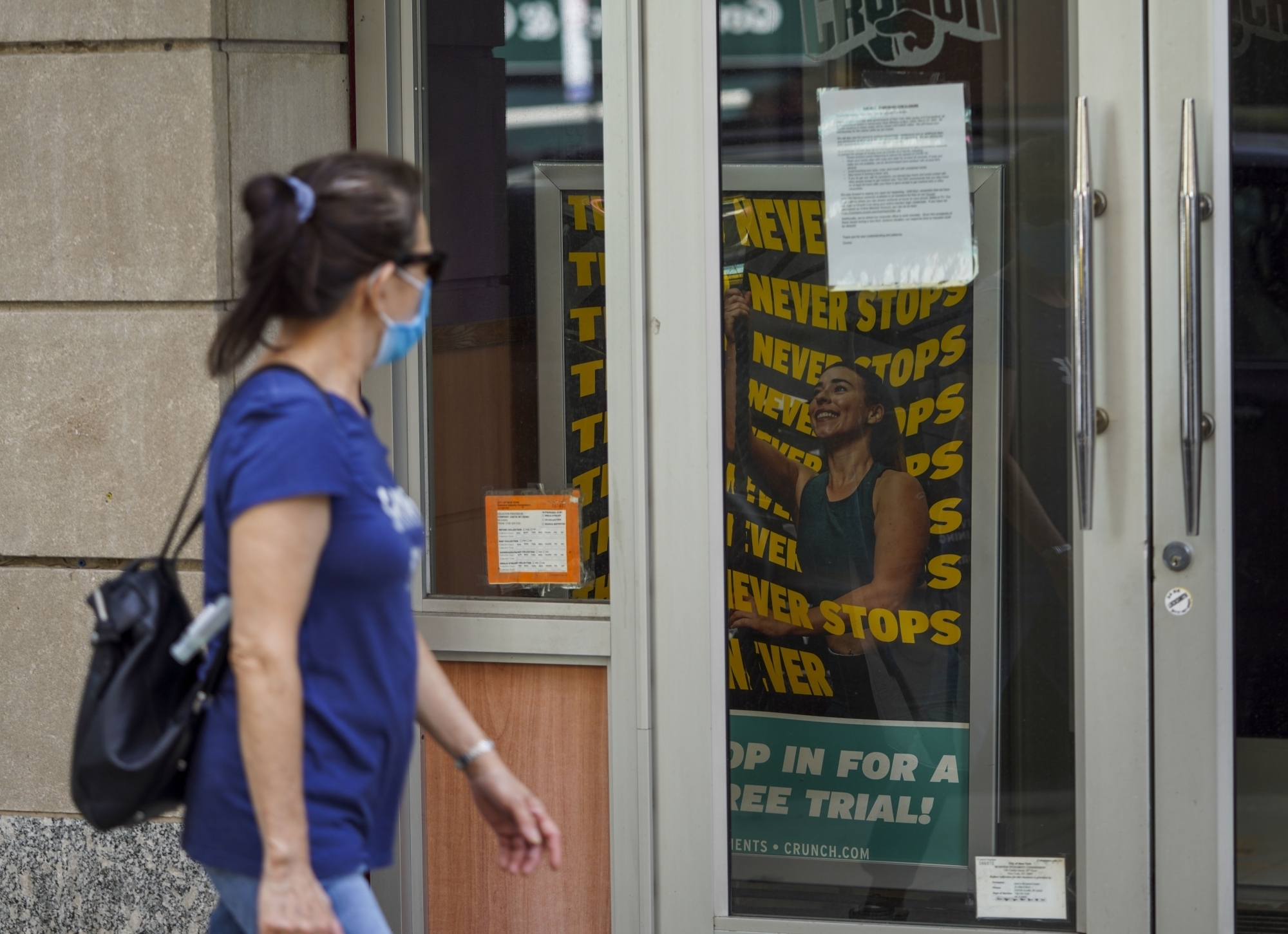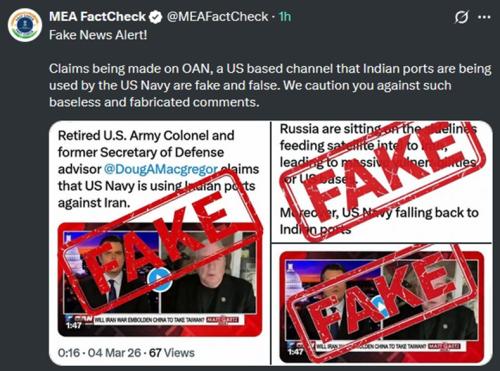Washington, Sep 17 (IANS) About 60 per cent of US business closures since March are permanent, indicating the devastating fallout from the Covid-19 pandemic, according to a new report. "In the wake of Covid-19 cases increasing and local restrictions continuing to change in many states we're seeing both permanent and temporary closures rise across the nation, with 60 percent of those closed businesses not reopening," online review site Yelp said in its latest Economic Average Report on Wednesday. As of August 31, 163,735 businesses on Yelp have closed due to the pandemic, up by 23 per cent since July 10, and 97,966 businesses have permanently closed, Xinhua news agency quoted the report as saying. The restaurant industry continues to be among the most impacted by the pandemic, with 32,109 closures, 61 per cent of which are permanent, it said. The report also revealed that the states of Hawaii, California and Nevada saw the most total business closures and permanent closures across the country. The states also account for the highest unemployment rates in the US. While rising business closures would cast a shadow on fragile economic recovery, the US administration and congressional lawmakers remain deadlocked over the next Covid-19 relief package. Federal Reserve Chairman Jerome Powell said on Wednesday that more fiscal support is likely to be needed to support economic recovery as numerous small businesses are struggling, and state and local governments are in dire financial situation. "It will take a while to get back to the levels of economic activity and employment that prevailed at the beginning of this year, and it may take continued support from both monetary and fiscal policy to achieve that."
60% of US business closures since March are permanent: Report
- by Rinku
- September 17, 2020 2 minutes

About 60 per cent of US business closures since March are permanent, indicating the devastating fallout from the Covid-19 pandemic, according to a new report. (Xinhua/Wang Ying/IANS)
Sensex falls 323 points; finance, metal stocks plunge
September 17, 2020










